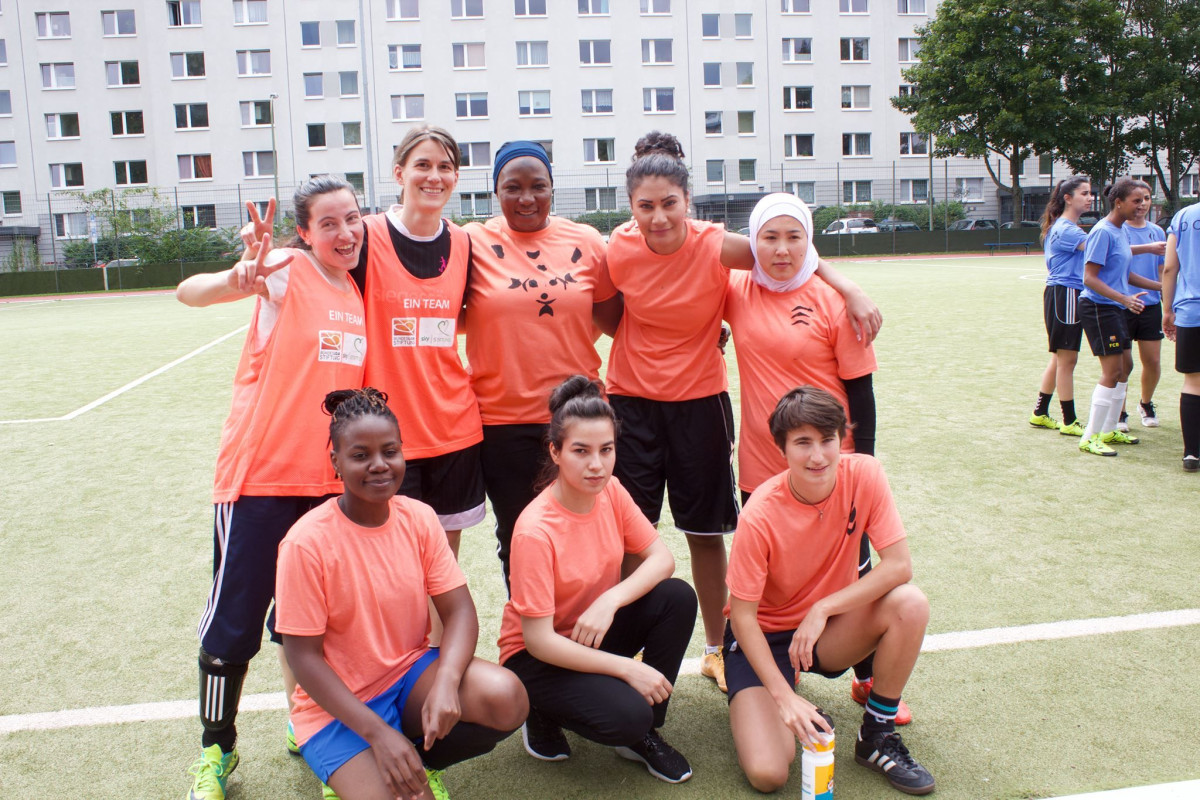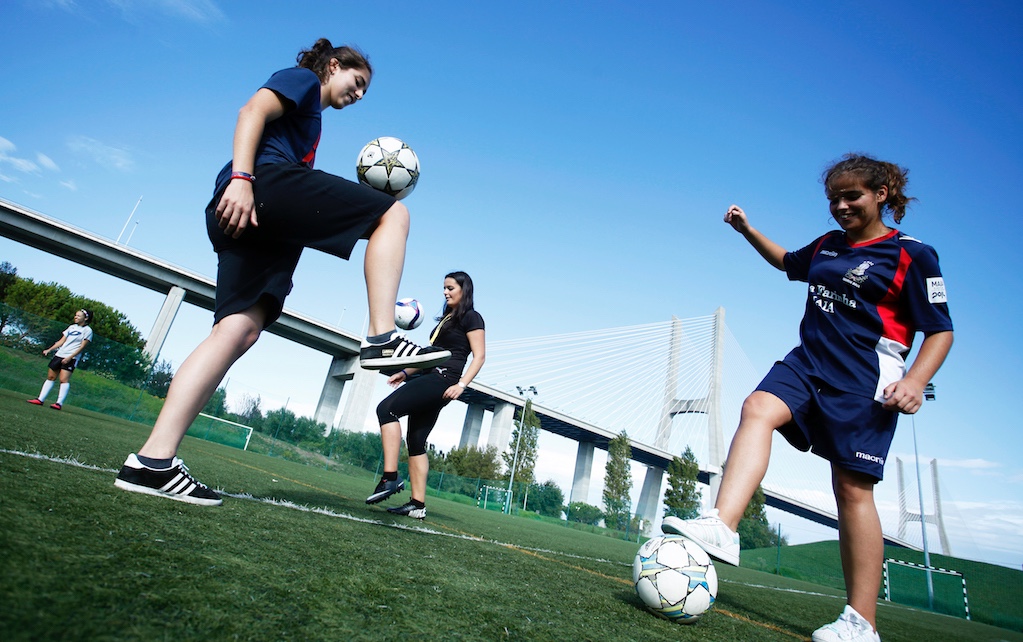A new research looking into the impact of amateur and semi-professional football on migrant groups, in South Australia, has revealed the game plays a key role in helping migrants adjust to their new lives in the country.
The research confirmed that participation in football clubs has been a major influence on the settlement of new arrivals from different cultural and linguistic backgrounds, many originally from Europe.
"Of the first generation immigrants we interviewed, 44% believed that their involvement with a football club had directly helped them to adjust to life in Australia." said University of Adelaide PhD student Justin Civitillo.
"Participating in football helped them to develop their English language skills, and to build relationships with other migrants and the broader community. This has helped to increase their rate of integration into Australian society," he added.
Football clubs also helped participants to gain employment through contacts made at the club and to improve their personal self-confidence and wellbeing.
The study uncovered a range of benefits for individuals and the wider community that are still not fully recognised by immigration policy makers today.
"Much has been written on the experiences of postwar migrants to Australia and their economic, social and cultural adjustment. However, the impact of sport on the migrant experience should not be overlooked,"
"Sport is not currently a component of the Australian government's structured Onshore Orientation Program for migrants. Considering the significant influence sport can have on social participation and mental and physical wellbeing, this is a missed opportunity.
"With football being the world's most widely played sport and its growing in popularity in Australia, encouraging migrants to participate may provide many benefits at an individual and social level," said said the PhD student.





